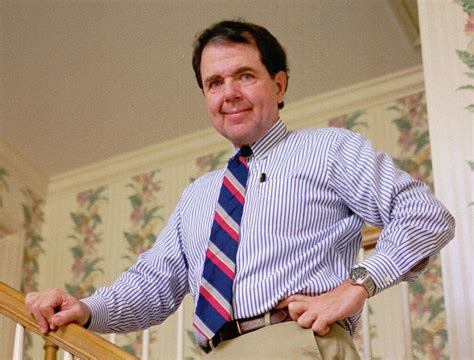A Quote by Robert Kiyosaki
The key to financial freedom and great wealth is a person's ability or skill to convert earned income into passive income and/or portfolio income.
Related Quotes
Residual income is passive income that comes in every month whether you show up or not. It’s when you no longer get paid on your personal efforts alone, but you get paid on the efforts of hundreds or even thousands of others and on the efforts of your money! It’s one of the keys to financial freedom and time freedom.
If I'm owed money, but I say, 'Don't pay me, pay my cousin. Don't pay me, pay my charity,' you can do that, but then the IRS requires that you pay income tax on that. It's your income if you earned it and you directed where it went. If you exercised control over where the money went, you have to pay income tax on that.
































